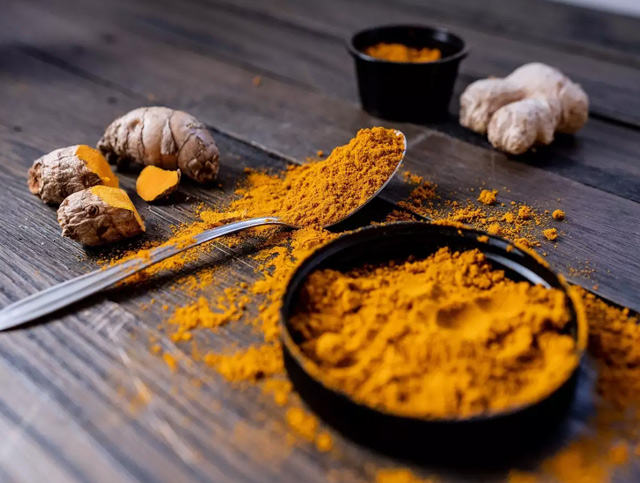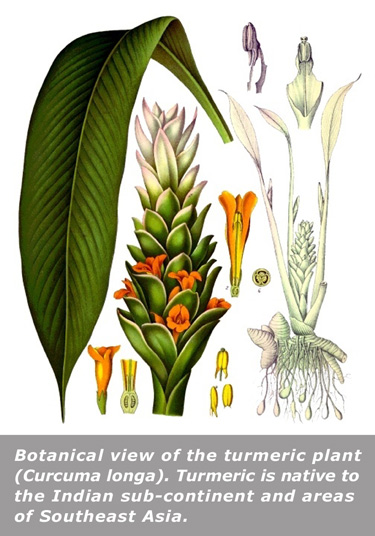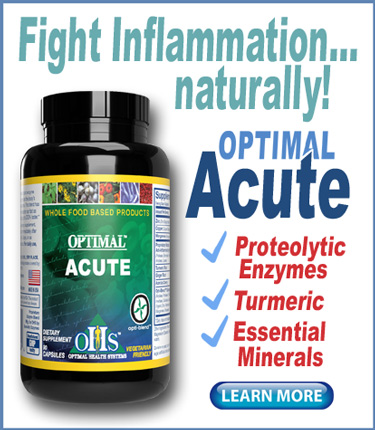Supplementing with turmeric extract was linked to significant reduction in muscle soreness following exercise, according to a new study from India.
Turmeric is a flowering plant (Curcuma longa) that is part of the ginger family. Both turmeric and the curcumin derived from it are widely used in nutritional supplements and traditional medicinal remedies.
The study was conducted in December 2021 and January 2022 at the Arogyavardhini Ayurvedic Center in Bangalore, India.
Pre-print results were posted online at MedRxiv.org in May 2022, and complete findings were published in Evidence-Based Complementary and Alternative Medicine in June 2022.
The study was sponsored by an nutritional supplement manufacturer; however, the study was conducted independently as a randomized, double-blind, placebo-controlled parallel-group study.
Additionally, researchers followed Good Clinical Practices for Clinical Research recognized both internationally and in India. The study was registered with the Clinical Trial Registry of India.
The purpose of the study was to measure the effect of turmeric extract on delayed-onset muscle soreness (DOMS), which is common following high-intensity exercise. The turmeric extract utilized for the study contained 60% natural curcuminoids.
The relatively-small study included 30 “healthy and recreationally active individuals.” Study participants were required to be free from any health conditions involving the muscular-skeletal system, and to not be taking any pain medications.
To conduct the study researchers administered 250 mg of turmeric extract daily to half of the 30 participants, while the other half received a placebo. The trial period was 33 days.
On day 29 of the trial participants were required to perform squat cycles in order to induce DOMS.
The primary endpoint of the study was measuring changes in pain intensity measured by the visual analog scale (VAS) at the end of study treatment, at least 96 hours after exercise, compared to immediately after exercise.
VAS scores indicated that the subjects in the supplement group experienced significantly less pain after exercise than the placebo.
Additionally, serum lactate dehydrogenase (LDH), a measure of tissue damage, was significantly lower in the supplementation group compared to those who took the placebo.
The researchers also had the participants take part in a test adapted from the internationally-recognized Hooper and MacKinnon Questionnaire. The questionnaire evaluated fatigue, mood, general muscle soreness, sleep quality and stress.
Though this portion of the research is subjective, it also demonstrated overall improvements in well-being in those who took turmeric compared to the placebo group.
The authors of the study concluded that taking turmeric extract before and after exercise was able to significantly reduce real measured inflammation and well as subjective perceptions of muscle soreness.
“(It) produces analgesic effects on acute and chronic pain by desensitizing the transient receptor potential vanilloid 1, an ion channel responsible for pain sensation, thereby reducing pain sensitivity. It also decreases postexercise inflammation by regulating nuclear factor kappa B (NF-?B) and nuclear factor erythroid 2-related factor 2 (Nrf2) pathways that ultimately reduce pain sensitivity,” the researchers wrote.
The researchers also noted the long history of turmeric use in the ancient medicinal systems of China and India.
Finally, the researchers noted that the International Olympic Committee had listed turmeric extract as “a nutritional supplement that might improve training capacity, recovery, muscle soreness, and injury management.”
You can find turmeric and curcumin in the following Optimal Health Systems products:
• Essential Protect
• Optimal Acute
• Optimal Cort-Adrena
• Opti-Mito-Force
– – –
Sourcee: MedRxiv.org (PDF download), Evidence-Based Complementary and Alternative Medicine.



